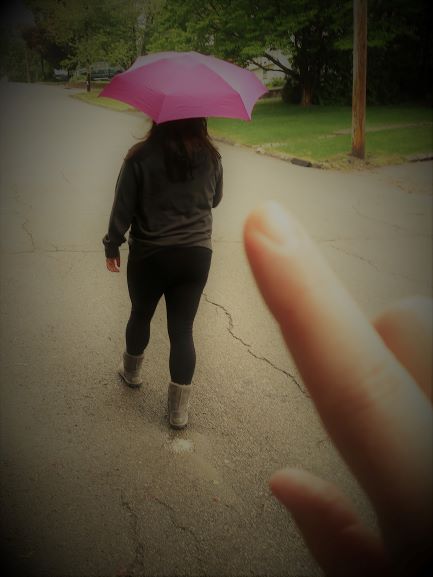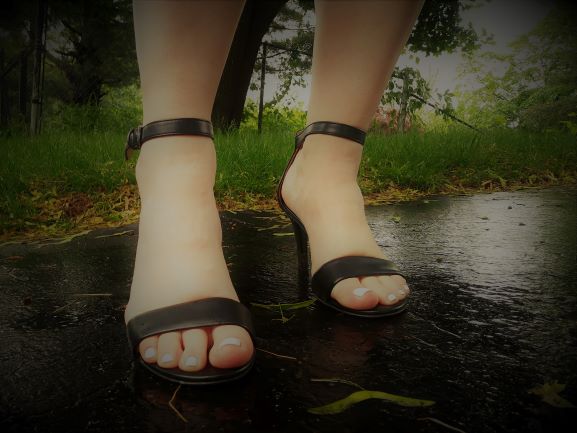
Public service is defined as the business of supplying a commodity to any or all members of a community. Does physical therapy qualify? Well, I think our knowledge and skills can certainly be considered a useful and valuable thing (a commodity). Physical therapists also provide an act of helpful activity (a service) and are accessible to the public. It kinda seems to me that there is an argument there that physical therapy, as is, could qualify as a public service. But what about other capacities?
Physical Therapist as a Johnny-On-The-Spot?
When I think of physical therapy as a public service, I think of being able to openly share our insights and advice when we are out in public, of saying the things I imagine we all have to resist the temptation to say.
Physical therapists are people watchers. We see the poor-fitting, unsupportive shoes and the poor posture. We see the guy at the gym with poor form while weight-lifting, and we see the teenagers with the low-slung pants that create a funky gait. Don’t you wish you could walk up to these people and explain the impact or correct that alignment? Especially when they catch you looking! We should have a badge we can pull out and say, “It’s ok, I’m a physical therapist, not a creep. And, by the way, if you could just relax your shoulders a bit, that would make me (and you) a whole lot more comfortable. Thanks.”
Sadly, there are probably not many people who would appreciate such attention or advice.

Physical Therapist as a Sportscaster?
I enjoy watching sports, but I also enjoy watching injuries. Lots of physical therapists share this trait, I am sure of it. I will watch, rewind, and rewatch over and over until I have a strong suspicion about what type of injury may have just happened. It drives my husband crazy.
Aren’t some non-PT spectators interested in this insight? Now, I understand that we should respect the privacy and dignity of the athlete, particularly if the injury is serious, but, as a fan, it might be nice to know the potential prognosis. Is this player going to be out for a while? What will they need to do to fix it?
If the popularity of sports radio is any indication, sports fans love speculation. I daresay off-the-cuff medical commentary would be welcomed by the audience, especially during those long injury breaks in a game.

Physical Therapist as a Superhero!
All kidding aside, there is so much we can do! From a clinical perspective alone there are so many things people are always surprised to hear that we have the potential to treat: vestibular dysfunction, lymphedema, women’s health, TMJ dysfunction, wounds, migraines- the list goes on. But aside from that, think of all we could offer the public.
Our knowledge and skills could be used for so many purposes from a community outreach standpoint (and I know there are many therapists out there offering these kinds of programs).
- Fall prevention
- Sports training clinics
- Ergonomic education
- Physical activity for older adults or neurological patients
- Fundraising or building awareness of any given diagnosis
I’m sure this is just scratching the surface of our ability to serve the public, in turn promoting the profession of physical therapy. Now that is a win-win.
We do amazing work, and we should be proud of that. What other ways can we use our skills to provide a public service?

I think a lot about the babies! When do we offer advice on how to hold them, the importance tummy time, buy this/don’t buy that and when/where is it welcomed?! But how much could we help the public if we could offer these insights, especially knowing the time sensitive nature of the input! I struggle with this a lot, especially with friends, but I think most people just aren’t familiar with what a PT and a baby might do.
Absolutely true, Laurey! I struggled with a moment like that the other day- another case where a badge would be helpful 🙂